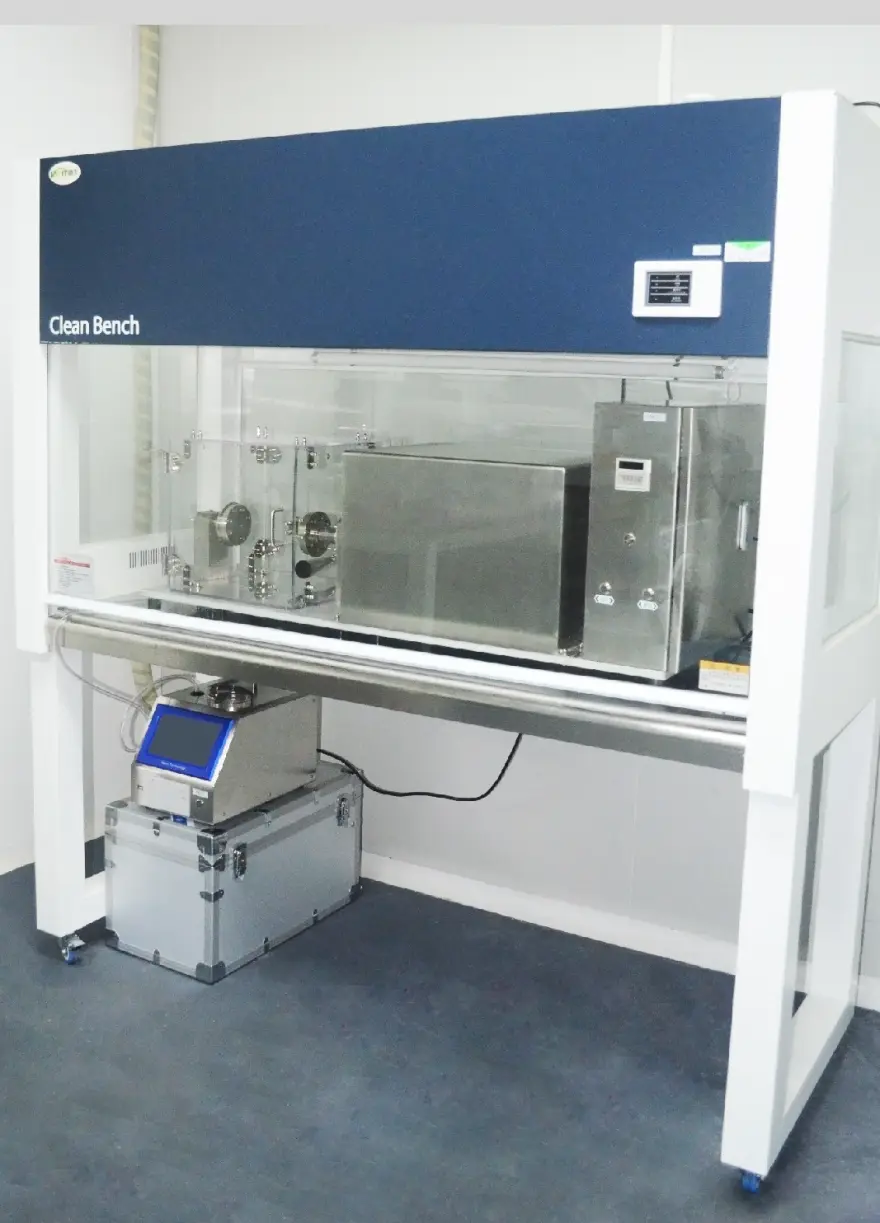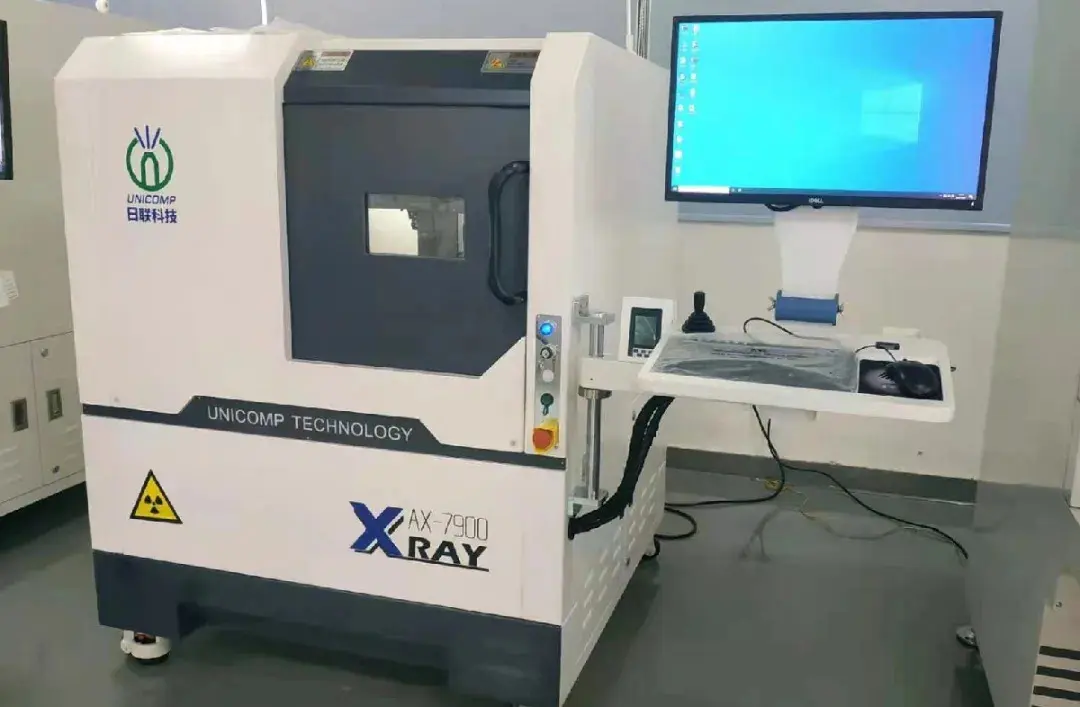
How to Get CCC Certification for Toys?
With improving living standards, toys have become an indispensable part of children's growth. However, the wide variety of toys on the market with varying quality often confuses parents when choosing toys. To ensure the safety and quality of children's toys, China has implemented the CCC Certification system.
What is CCC Certification?
The full name of CCC Certification is "China Compulsory Certification", also known as the 3C Certification. It is a product conformity assessment system implemented by the Chinese government in accordance with laws and regulations to protect consumer safety, national security, and enhance product quality management.
Applicable Scope
The certification applies to toys designed or intended for use by children under the age of 14.
Types of Toys and Certification Standards
Electronic Toys:
Standards:
- GB 6675.1
- GB 6675.2
- GB 6675.3
- GB 6675.4
- GB 19865 (Exempt from Chapter 20: "Radiation, Toxicity, and Similar Hazards")
Plastic Toys:
Standards:
- GB 6675.1
- GB 6675.2
- GB 6675.3
- GB 6675.4
Metal Toys:
Standards:
- GB 6675.1
- GB 6675.2
- GB 6675.3
- GB 6675.4
Ride-On Toys:
Standards:
- GB 6675.1
- GB 6675.2
- GB 6675.3
- GB 6675.4
- GB 19865 (Exempt from Chapter 20: "Radiation, Toxicity, and Similar Hazards")
Note: For electronic toys with additional functions that fall under other categories in the CCC directory, supplementary tests and factory inspections are required based on relevant product standards.
Key Tests Include:
- Mechanical and physical properties
- Flammability
- Migration of specific elements
- Toy labeling and usage instructions
Unit Division Principles and Categories
In principle, certification units should be divided based on differences in the toy's primary material, structure, functionality, intended play mode, and applicable age group.
Electronic Toys:
Toys requiring at least one function powered by electricity, regardless of material.
Includes: Electric toys, video toys, sound-and-light toys, toys with heat sources, experimental toys, etc.
Plastic Toys:
Toys made primarily of plastic materials and not powered by electricity.
Includes: Static plastic toys, mechanized plastic toys.
Metal Toys:
Toys made primarily of metal materials and not powered by electricity.
Includes: Static metal toys, mechanized metal toys, and projectile toys made of metal.
Ride-On Toys:
Vehicle toys designed or intended for children to ride and play.
Includes: Toy bicycles, electric toy cars, other vehicle toys (excluding scooters).
Certification Process
1. Application Submission
2. Type Testing
3. Conformity Assessment
4. Certificate Issuance
5. Post-Certification Supervision
Note: Post-certification supervision involves one or a combination of follow-up inspections, sample testing or checks at production sites, and market sampling.
Required Documents for Certification
1. Certification application form
2. Business license (applicant, manufacturer, and production factory)
3. Processing cooperation agreement (applicable to ABB/OEM/ODM models)
4. Product physical images and diagrams
5. Product description
6. Factory survey form (for new applications or factory address changes)
7. Other necessary documents
Sample Submission Requirements and Certification Timeline
Sample Submission:
- Main test models: 3–4 units
- Coverage models: 1 unit each
Timeline:
Approximately 4 weeks. The timeline varies by product type.
For specific details, consult China JJR Laboratory.
Key Considerations
1. For products with multiple replaceable batteries, the battery compartment should indicate: proportional battery shape, nominal voltage, and polarity markings.
2. Products containing children's cosmetics must undergo "Small Golden Shield" filing.
3. Transformers in products must be labeled with corresponding electrical parameters and toy transformer symbols.
4. Be cautious of potential hazards from product protrusions.
Factory Inspection and Annual Supervision
For toy manufacturers:
- Initial factory inspection generally occurs within three months of certification issuance.
- Subsequent 3C annual reviews occur every six months.
Factory Inspection Requirements:
- Provide test reports: Migration of specific elements, plastic bag thickness tests, etc.
- Factory must be equipped with: Torque meters, push-pull gauges, stopwatches, calipers, etc.
Specific requirements depend on the product.
Other Certifications
- EU CE-EN71 Certification
- US CPC Certification
- UK ukca-BS EN71 Certification
- International ISO8124 Certification
- Canada CCPSA/SOR Certification
- Australia AS/NZS/ISO8124 Certification
- Japan ST2016 Certification
As a professional third-party testing and certification body, China JJR Laboratory has extensive experience in toy product testing and certification, including CCC Certification in China, EN71, EU CE, US CPC, GCC, and more.
Email:hello@jjrlab.com
Write your message here and send it to us
 Packaging Validation ISO 11607 Test Report
Packaging Validation ISO 11607 Test Report
 What is the ISO 11607-1 Packaging Validation Test?
What is the ISO 11607-1 Packaging Validation Test?
 How to get an ISO 11737-1 Test Report?
How to get an ISO 11737-1 Test Report?
 Orthopedic Implant Cleanliness Testing
Orthopedic Implant Cleanliness Testing
 What is ISO 10993-23:2021 Irritation Testing?
What is ISO 10993-23:2021 Irritation Testing?
 ISO 10993-23 Irritation Testing Laboratory
ISO 10993-23 Irritation Testing Laboratory
 EMI Emissions Testing
EMI Emissions Testing
 EMC Standards for Medical Devices
EMC Standards for Medical Devices
Leave us a message
24-hour online customer service at any time to respond, so that you worry!




